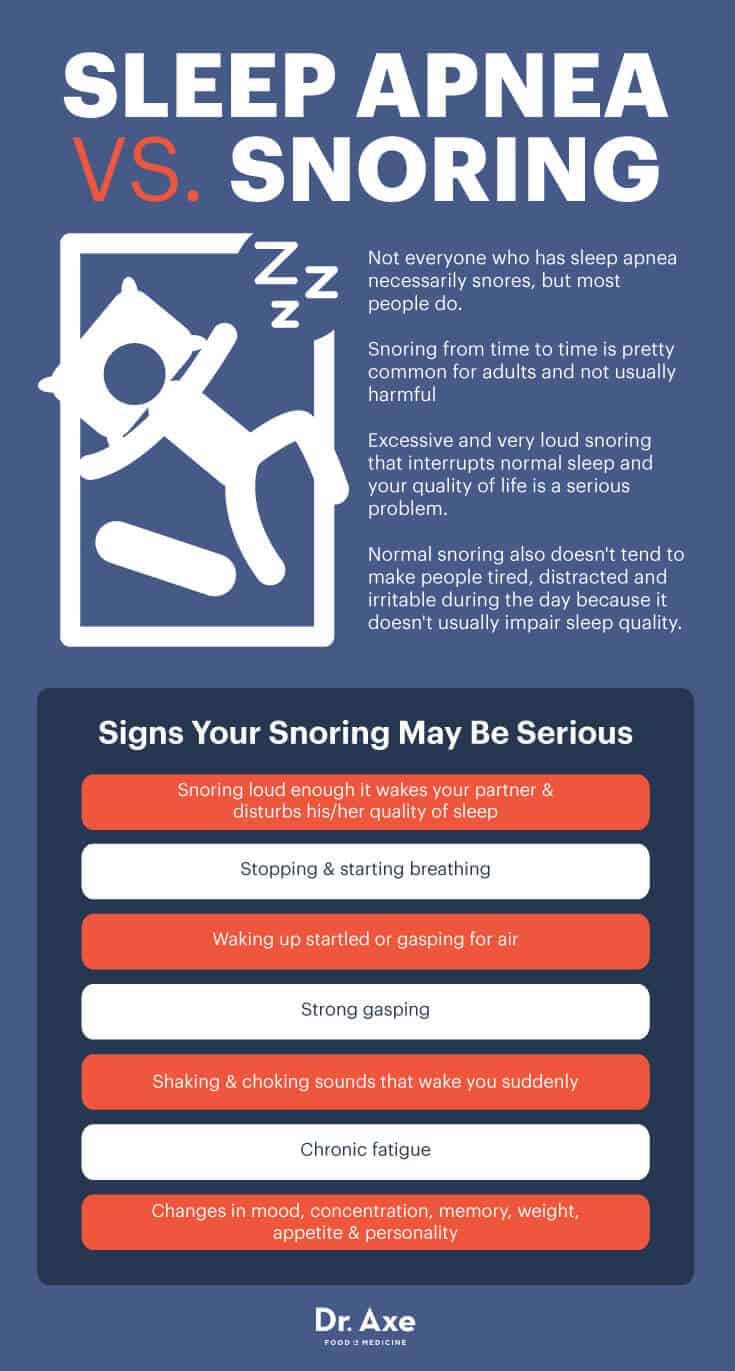Problem Gambling Effects On Family
Problem gambling affects everyone - family, friends, coworkers, neighbors, and entire communities. During this presentation, we will examine the wide range of negative consequences problem gambling has on the family system as a whole, with a detailed focus on personal relationships and children involved. Mar 21, 2018 Problem gambling can have a huge effect on the family. Family members who are negatively affected by a loved one’s gambling struggle with increased anxiety and stress.

Gambling Effects On Society
Gambling as an addiction isn’t as prominent as other forms of addiction that involve the consumption of substances. There are fewer people who take gambling seriously as alcoholism or drug addiction.
However, betting games can do just as much psychological damage as any other obsessive behavior. It also affects family members of the gambler. Being aware of these effects can help families avoid further harm and start the process of healing.
Addictive Escape
What makes gambling compelling is the rush and thrill of placing bets. The prospect of winning big time, combined with the flashy ambiance and fellow players’ company, can be an exciting pastime for many people. Many games, such as slot machines, are carefully designed to create a positive experience for the player.
Someone who might be going through problems in life may find solace in a casino. They get to experience a temporary bliss, enabling them to forget about their problems for a few hours. Typically, friends and family serve as support systems. Still, gamblers replace them with gambling, an activity where they can ignore their troubles for a while.
Naturally, many people who first try out gambling start to crave the experience. They look forward to the next session, sometimes to the point of compulsion. If the addiction becomes more potent, they might start to forgo activities like family bonding to spend more time in the casino.
According to Karen Finlay, Ph.D., “gamblers in a casino will stay much longer, feel better, and bet more. Perhaps they might incur bigger losses, but they’ll most probably return.”
Scarcity and Debt
The problem with gambling is that designers ensure that the games earn casino revenue in the long run. While jackpots and other wins may seem to give players more money than they spend, the house makes money in the long term.
Long-time players nearly always lose money. However, the addiction compels the player to continue playing even at enormous costs.
Gamblers might start to take away money from the family. Cash meant to pay for bills may suddenly end up as bets. Players may start taking on loans, sometimes from predatory sharks, to finance their plays. They might even sell some of their belongings to get more money.
Unfortunately, some families continue to enable the behavior by making it easier for the person to keep on playing. Some spouses might willingly give their partners cash or bail them out of their financial problems. While these actions may seem supportive, they only facilitate the person to become more addicted to gambling.
Interpersonal Problems
Many people struggle with gambling. They want to break free from the addiction but might find it exceedingly difficult. Their self-esteem may drop when they are unable to resist as they feel powerless against their habits.
This lack of confidence, coupled with the frustration of being unable to break free, can strain their relationships with family members.
Family bonding is a powerful tool for lending support and strengthening bonds. It plays a role in making loved ones more robust, as each member reaches out to people going through problems.
However, gambling and other addictions compromise family bonds. Many people with addictions withdraw from other people out of shame. Those who refuse to believe that there’s a problem might push them away.
Frustrations can also build up inside other family members. They might become angry that the person is unable to stop gambling. Some of them may fail to understand the power of addiction and become unable to sympathize with the gambler.
From their anger, they may lash out against the person, igniting more fights and adding to the stress faced by the family.
Health Impacts
Addictions can ruin lives. Being in debt and having constant fights over gambling can profoundly impact the family members’ mental health. Furthermore, the family support system can deteriorate as family relationships become strained.
For example, the spouse of the gambler might start to lose their trust. They may become paranoid whenever cash disappears and pin the blame on the player. Instead of being a source of support, the family can become a breeding ground for negativity.
If this unhealthy environment continues, family members may develop mental conditions. The risk of falling into depression or anxiety can increase as the situation seems to become more hopeless.
Physical health is also in danger once the situation involves violence. All the stress and pain can lead people towards physical alterations, which only makes the situation worse.
Problem Gambling Effects On Family Gatherings
Ways To Cope
While the situation may look grim, there are still ways to stop the addiction. The most crucial step is to seek mental health services.
Problem Gambling Effects On Family Matters
A mental health professional would help you find ways to avoid triggers and fight against the urge to play. They would also help the family understand the situation and form a secure support system to help the gambler rehabilitate.
Problem Gambling Effects On Family Feud
The family members should also educate themselves on gambling addiction. They should know how to avoid enabling behaviors and how to lend emotional support properly. Finally, love and understanding should always be the family’s priority to foster a supportive environment that leads to healing.
Problem Gambling Effects On Family Feud
Gambling has many intense effects on the family. Nevertheless, knowing the addiction symptoms can help families take early action to fight against addiction.